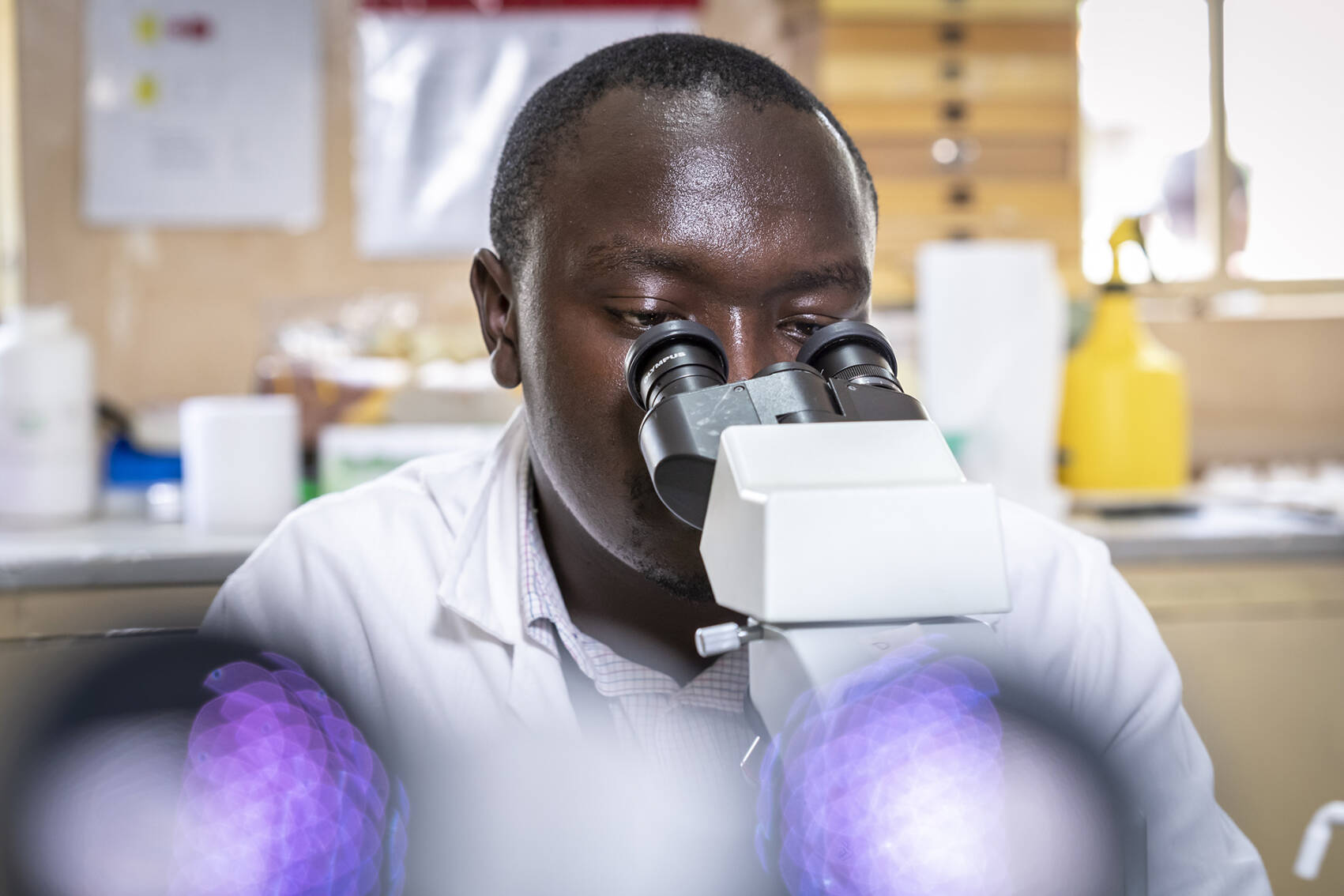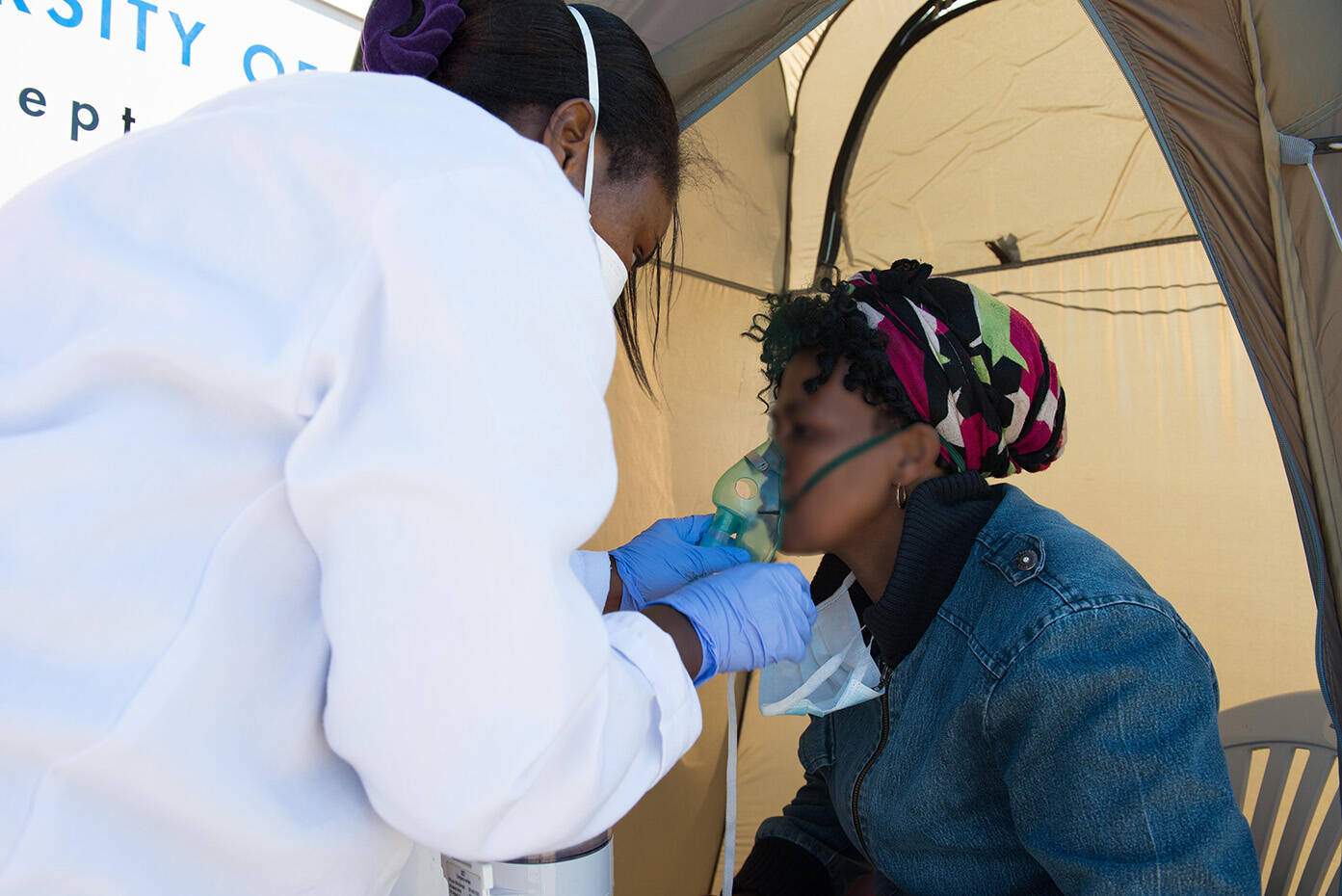The Profile-Covid project generated the first data on antibody responses to infection in Ethiopian populations. The study found that immune responses varied markedly between individuals and across different assays, emphasising the importance of evaluating the performance of assays before their widespread use. The COVID-19 HCW project found that omicron variant infections were common in healthcare workers in South Africa, although past infection and high anti-spike IgG antibody levels were seen to be protective against infection with the omicron variant.
Several projects have tracked SARS-CoV-2 in different sub-Saharan African populations, including the spread of variants. Data have been generated from Zambia (TREATS-COVID), rural Republic of Congo (ITAIL/PANDORA-ID-NET), Senegal (AIDCO), Gabon (AIDCO) and Cameroon (PERFECT).

scroll down
The RE-BCG-COV-19 project showed that revaccination with BCG – primarily used to protect against TB – did not offer any protection against SARS-CoV-2 infection or related severe COVID-19 disease in healthcare workers.
A further important focus has been evaluation of diagnostic tools. The HALT COVID-19 project assessed rapid antigen tests in the South African omicron wave. While the PERFECT project found good agreement between two molecular diagnostic tests widely use in Africa, PANDORA-ID-NET identified significant shortcomings in the PCR tests used by the Zambian Government. A project jointly funded by EDCTP and the Botnar Research Centre for Child Health found good evidence for the acceptability and feasibility of self-antigen testing in Lesotho and Zambia.
At the onset of the COVID-19 pandemic, EDCTP mobilised its emergency funding mechanism, and launched a call for proposals on research related to COVID-19 in sub-Saharan Africa. A total of 26 projects were eventually funded, alongside three follow-on projects funded in partnership with the Botnar Research Centre for Child Health. Many of these projects gathered data of importance to local policymakers, and results are now increasingly being published in the scientific literature.
Several projects examined immune responses in response to natural infection or vaccination. These have included studies from the ImmunoCov project examining the kinetics of antibody production after infection. The COVAB project has examined the binding of vaccine-induced antibodies to different viral spike protein variants and to unusual epitopes on SARS-CoV-2 spike protein. The project has also shown that breakthrough infections in vaccinated individuals generate strong andbroadly neutralising antibody responses.
EDCTP-funded projects have gathered important data on SARS-CoV-2 circulation in different sub-Saharan African countries and on immune responses to infection in different sub-Saharan African populations.

COVID-19 projects bear fruit
